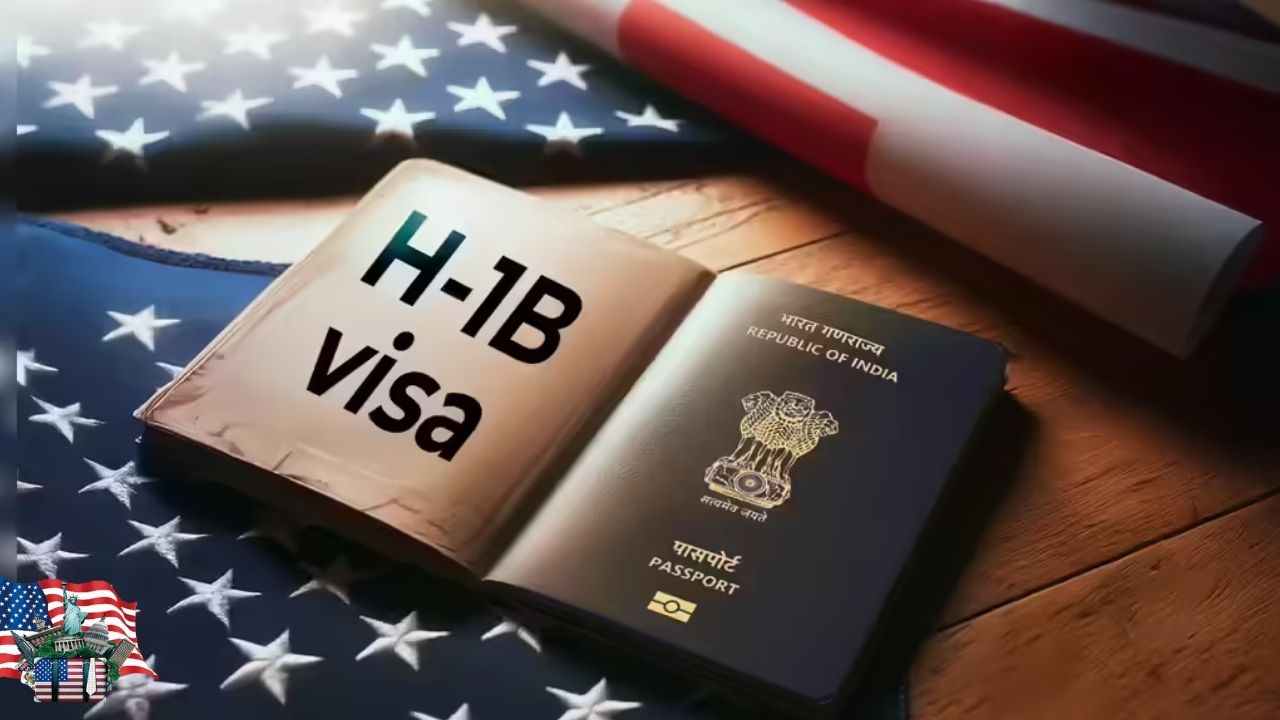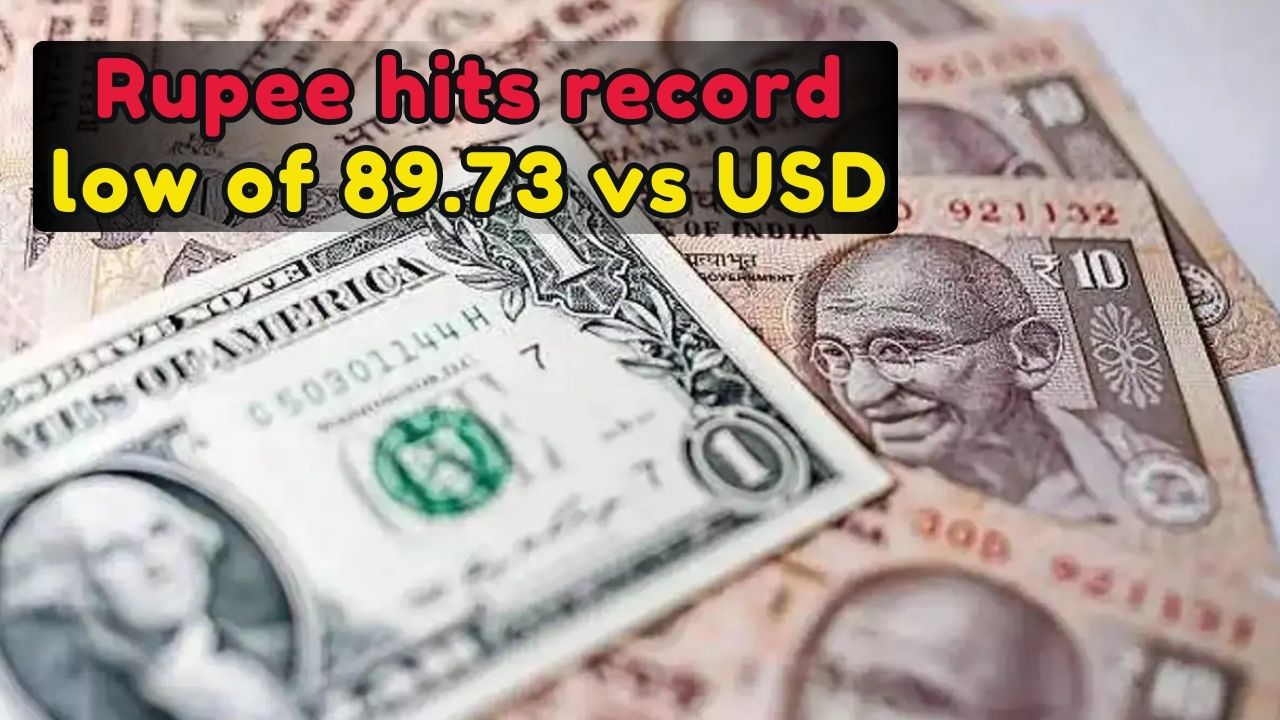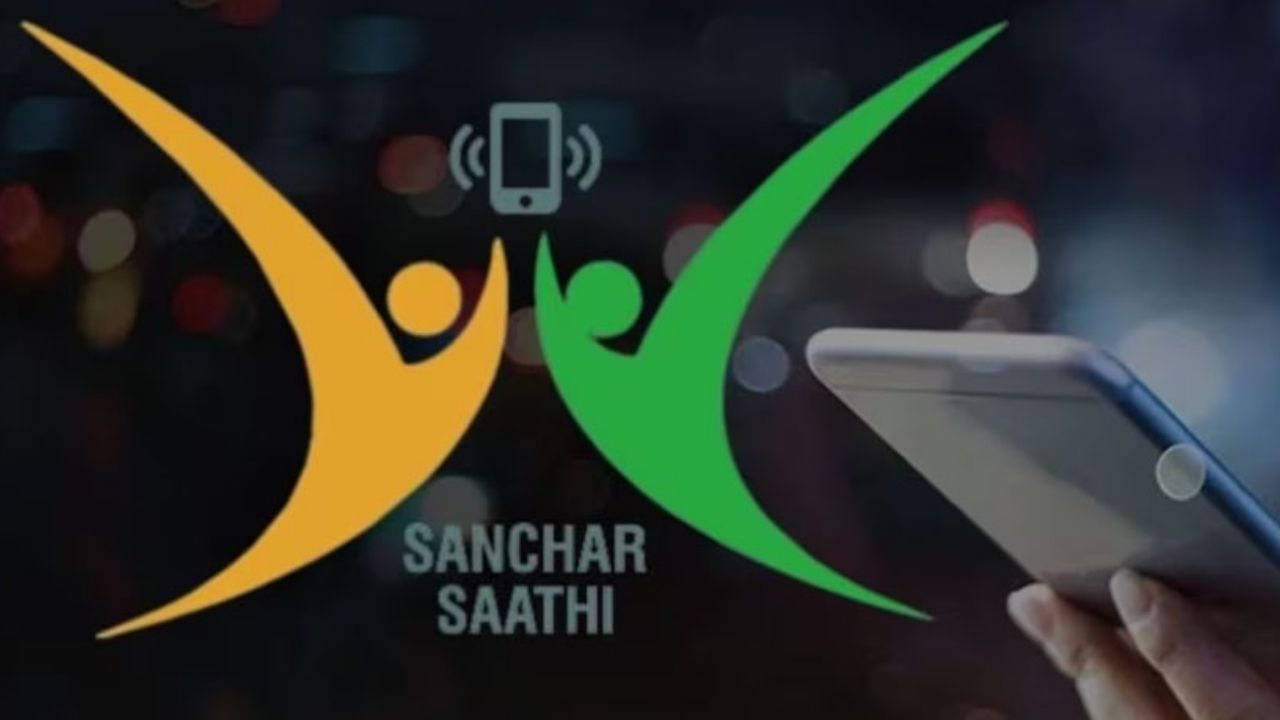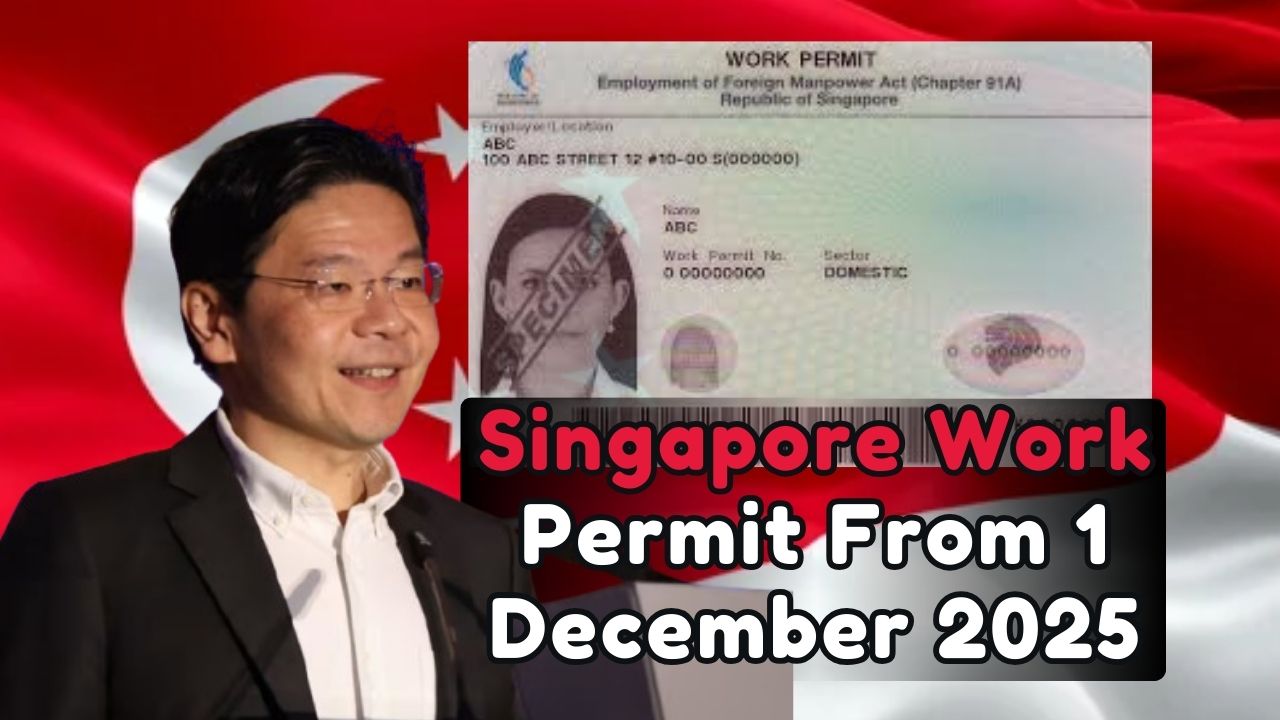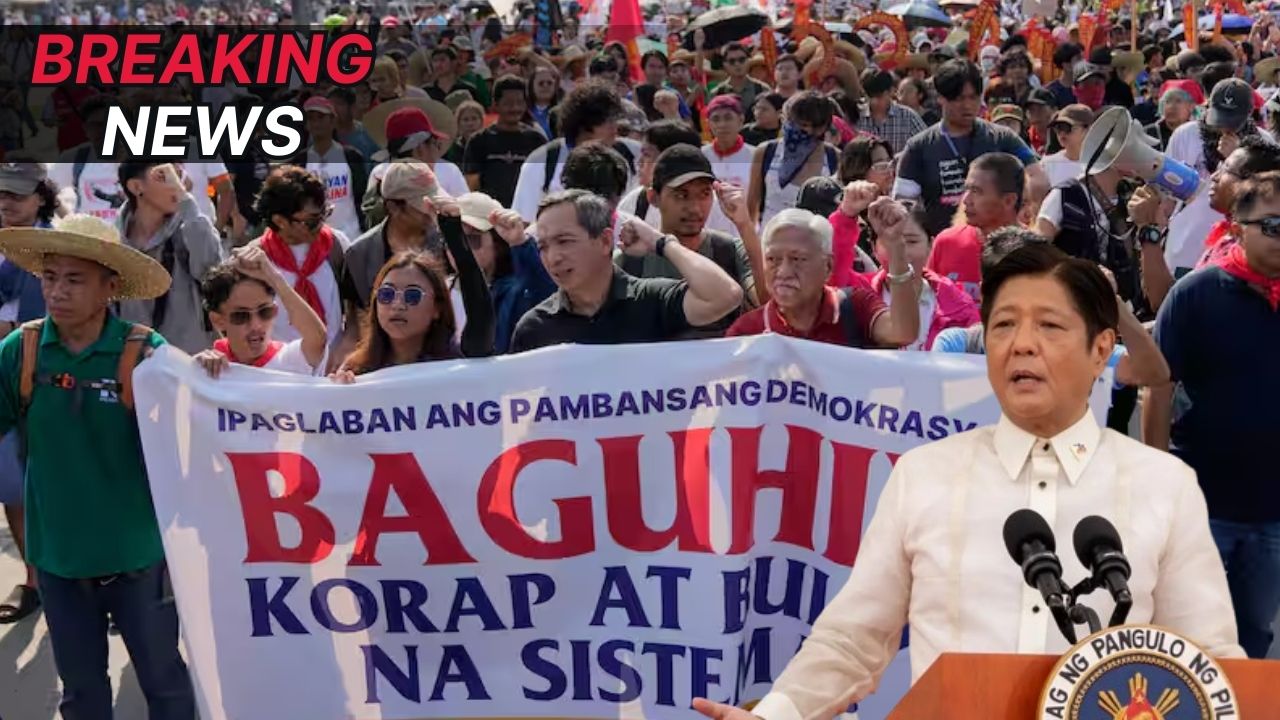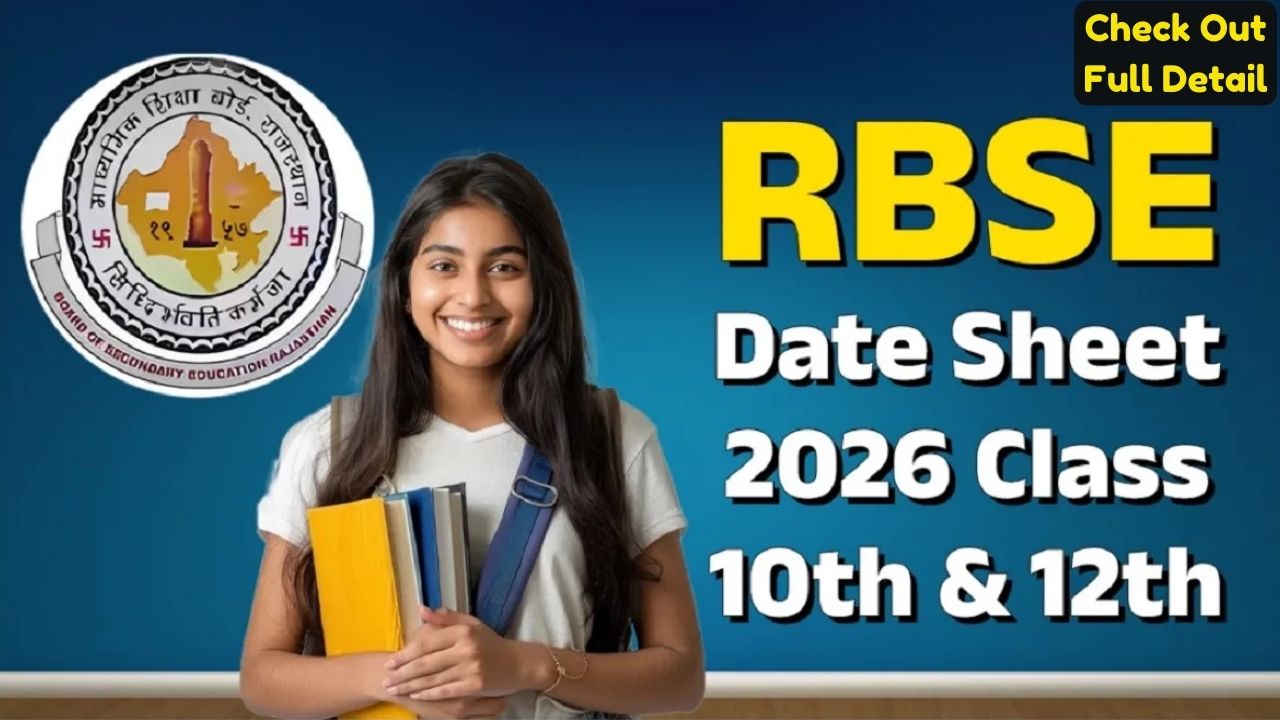The White House has stepped in to defend President Donald Trump’s position on the H-1B visa programme amid growing public debate and criticism from conservative leaders. Press Secretary Karoline Leavitt described Trump’s view as “nuanced and common sense,” emphasising that the president supports bringing in skilled foreign workers only during the initial phase of major industrial investments.
The comments follow Trump’s forceful defence of legal immigration at a major investment forum, where he stated that thousands of foreign engineers and specialists would be needed to help launch high tech manufacturing plants across the United States, particularly in industries such as computer chips, batteries and advanced electronics.
While Trump insisted that foreign workers would eventually be replaced by Americans once domestic training catches up, critics within his own party argue that his approach risks weakening long standing conservative positions on immigration.
White House Clarifies Trump’s H-1B Philosophy
Karoline Leavitt, addressing reporters at the White House, said that Trump’s stance has been widely misunderstood. According to her, Trump believes that when foreign companies invest billions of dollars into the United States, they will naturally bring in specialist workers to start the process.
She added that the president wants such workers present only at the beginning of a project, especially when highly technical skills are required. Once factories are fully operational, Trump wants American workers to fill those roles.
Leavitt explained that Trump has made this clear to international corporations investing in the United States. His message: if a company builds in the United States, it must ultimately hire American workers and ensure that any foreign expertise is used to train local employees.
Short Summary
Key Point |
Details |
|---|---|
Main Issue |
White House defends Trump’s H-1B visa position |
Stated Policy |
Allow foreign workers temporarily to train Americans, then replace them with American workers |
Trump’s Clarification |
Supports legal immigration to fill high skill gaps in chip manufacturing and tech sectors |
Controversy |
Conservative and Republican leaders demanding stricter controls on H-1B visas |
New Fee Policy |
A $100,000 supplemental fee on new H-1B applications to prevent system abuse |
Workforce Goal |
Foreign workers to teach Americans specialised manufacturing skills |
White House Defence |
Claims Trump has done more than any modern president to tighten immigration laws |
Legal Challenges |
Multiple lawsuits against new H-1B policies, including from the US Chamber of Commerce |
Indian Workers’ Share |
Over 70 per cent of H-1B approvals in 2024 went to India-born workers |
Official Site Link |
United States Citizenship and Immigration Services (USCIS) Information: www.uscis.gov |
Trump: Foreign Workers Will Train Americans
Trump’s recent remarks at the US-Saudi Investment Forum brought the issue to national attention. He noted that it would be unrealistic to expect a newly built multi billion dollar computer chip facility in Arizona or other states to rely solely on workers from the domestic unemployment line.
He explained that many of these cutting edge plants require specialised skills that the current American workforce does not yet possess. As a result, companies must bring in foreign workers initially.
According to Trump, these workers would not replace Americans permanently. Instead, they would train local employees to manufacture computer chips and other advanced technologies. The goal is to ensure the United States becomes self sufficient in strategic industrial capabilities.
Trump acknowledged that his position might draw criticism from parts of his conservative base, but he maintained that the policy is rooted in economic reality.
Conservative Pushback And Calls To Scrap H-1B Programme
Trump’s statements triggered backlash from several Republican and conservative figures who argued that the United States should reduce its reliance on foreign labour. Some leaders demanded the full dismantling of the H-1B visa system, claiming that it depresses wages and replaces American workers.
The debate reflects broader concerns within the conservative movement about globalisation, workforce displacement and immigration reform. Trump himself highlighted that he expects some opposition but emphasized that strategic industries require practical solutions rather than rigid ideology.
White House Highlights Tougher Visa Rules And New Fee
In response to criticism, the White House emphasised that the administration has already taken strong steps to tighten immigration rules.
A White House spokesperson pointed to a new policy requiring a supplemental payment of $100,000 for every new H-1B visa application. The goal of this high fee is to deter system abuse, reduce dependency on foreign labour and protect American workers from being replaced by lower cost employees.
The spokesperson added that President Trump has done more than any modern president to strengthen immigration laws and prioritise American employment.
Legal Challenges Against The New H-1B Rules
The administration’s visa changes have not gone unchallenged. Two major lawsuits have been filed, including one by the US Chamber of Commerce, the country’s largest business organisation.
Companies argue that the new rules and costs will make it harder for US industries to hire skilled talent, especially in technology and scientific sectors where domestic shortages persist. They also warn that damaging the H-1B system could slow innovation and weaken America’s competitive edge.
Despite these concerns, the White House maintains that protecting American workers must remain the central priority.
Indian Workers Continue To Dominate H-1B Approvals
India remains the largest source of H-1B visa recipients. In 2024, India-born workers accounted for more than 70 per cent of all approved applications. This dominance is driven by a large pool of highly skilled Indian professionals in engineering, computer science, information technology and research.
The backlog in visa processing and the sheer volume of applications from India have also contributed to the trend. With the United States relying heavily on Indian tech talent, any reforms to the H-1B programme will have significant implications for US-India relations and the broader global technology industry.
A Nuanced Immigration Policy Or A Contradiction?
The White House insists that Trump’s immigration policy balances national interests with economic needs. By supporting the temporary use of foreign experts while insisting on a long term American workforce, the administration claims to have found a middle path between economic growth and job protection.
Critics, however, argue that the policy sends mixed signals. Some question whether the United States has the capacity to rapidly train workers for highly technical roles. Others believe that without sustained immigration, America will struggle to maintain leadership in advanced manufacturing and innovation.
What is clear is that the debate over visas, training and high skill labour will continue to shape the country’s economic agenda in the coming years.
Frequently Asked Questions
1. What is the main message of the White House regarding Trump’s H-1B stance?
The White House says Trump’s view is practical and balanced. He supports foreign workers only during the initial stages of major industrial projects and expects them to train American workers for long term employment.
2. Why did Trump defend legal immigration recently?
Trump argued that high tech industries such as semiconductor manufacturing require specialised skills that the current US workforce lacks. Therefore, companies need foreign experts temporarily to launch new factories and train American workers.
3. What is the new $100,000 fee for H-1B applications?
This fee is a supplemental payment required for each new H-1B visa application. The administration says it is intended to prevent abuse, discourage overreliance on foreign labour and ensure American workers come first.
4. Why are conservative leaders criticising Trump’s position?
Some conservatives argue that any policy increasing the number of foreign workers undermines American jobs and contradicts long standing conservative views on immigration and labour protection.
5. Why do Indian professionals dominate H-1B visas?
India has a large pool of highly skilled workers in STEM fields, leading to a high number of H-1B applications and approvals. Backlogs and strong demand from US tech companies also contribute to India’s majority share of the programme.
For More Information Click HERE

